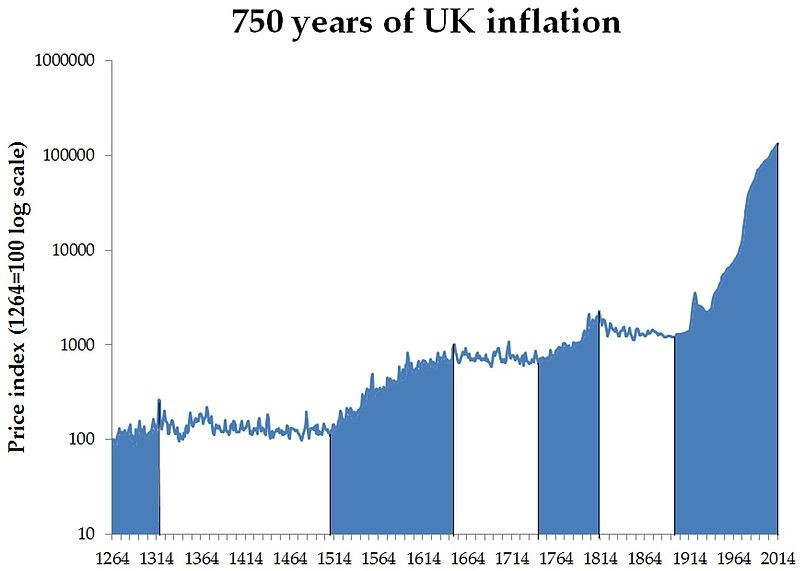Japan’s M&A Market is Booming: A Wave of Deals Fueled by Reform and Activism
After three decades of deflation and stagnant growth, Japan’s corporate landscape is undergoing a dramatic transformation. A wave of market reform and an emboldened investor base is powering a surge of M&A activity as the country’s corporates push for growth.
Recent government and market reforms designed to improve corporate governance and capital management have encouraged corporates to embrace a more transparent, pro-growth agenda. This shift has led to a significant increase in dealmaking, particularly in the area of mergers and acquisitions (M&A).
The Driving Forces Behind Japan’s M&A Boom
Market Reforms
The momentum behind Japan’s M&A boom can be attributed to several key factors, including the government’s revised Corporate Governance Code introduced in 2022. This code has been a catalyst for change, encouraging companies to prioritize shareholder value and adopt more transparent business practices.
The Tokyo Stock Exchange (TSE) has also played a significant role, launching its “Action to Implement Management that is Conscious of Cost of Capital and Stock Price” initiative. This initiative encourages companies to strive for better valuations, moving beyond a price-to-book ratio (PBR) of one, a measure that has been widely adopted by Japanese companies.
The Ministry of Economy, Trade and Industry (METI) has also outlined guidelines to ensure fairness and transparency in M&A procedures. These guidelines encourage boards to seriously consider credible takeover proposals, enhancing corporate value and shareholders’ interests.
Shareholder Activism
The reforms have also emboldened shareholder activists, who have historically had limited influence in Japan’s corporate landscape. The emergence of activist investors is putting pressure on companies to refocus their strategies and prioritize shareholder value.
“Previously, proposals from outside parties could be overlooked because companies were not obligated to weigh them. The rules in place now mean that boards must thoroughly judge whether a proposal is serious,” said Yamada Masataka, Head of Investment Banking in Japan at J.P. Morgan. “If the company is listed, they might also do a market touch to assess other potential buyers or bidders for the company – this is changing the Japanese M&A market.”
Unwinding Cross-Shareholdings
Historically, Japanese companies have held significant stakes in each other, creating a web of cross-shareholdings that protected them from takeovers and shareholder activism. However, these cross-shareholdings are gradually being unwound, opening up opportunities for activists to enter the market.
“It has been a gradual unwinding, but we have gotten to a point now where many of those holdings are finally coming to the market,” said Masataka.
The unwinding of cross-shareholdings has also led to a surge in balance sheet efficiency proposals, capital management initiatives, and dividend increases or stock repurchases. Activist pressure is driving companies to divest non-core assets, sell divisions, spin-off businesses, and make acquisitions to improve their performance.
The Rise of Cross-Border Transactions
While domestic M&A activity has been robust, cross-border transactions are also gaining momentum. Japanese companies are increasingly looking overseas, particularly at companies in the U.S. and Europe. Meanwhile, international firms, including private equity firms, are eyeing opportunities in Japan.
“Even as Japanese company share prices and currency markets have fluctuated, global players see Japanese companies as undervalued, with significant strategic value,” said Hideo Fujimoto, a member of the Japan M&A Banking Team at J.P. Morgan. “The momentum for outbound transactions is getting stronger, and there is a sense of urgency - our clients are feeling confident compared to a few years ago.”
A Changing Landscape
The recent wave of M&A activity in Japan is transforming the country’s corporate landscape, leading to a shift in corporate governance and a greater focus on shareholder value. This shift is likely to continue, driven by market reforms, shareholder activism, and the increasing attractiveness of Japanese companies to international investors.
J.P. Morgan: A Key Player in Japan's M&A Market
J.P. Morgan is actively involved in supporting M&A transactions in Japan, providing guidance and expertise to both domestic and international clients. The firm recently acted as the exclusive financial advisor to Dai-ichi Life Holdings on its take-private transaction of employee benefits service provider Benefit One.
This complex transaction involved four parties, with Dai-ichi Life placing an unsolicited counter-offer, a rare approach for a major traditional financial institution of its size in Japan. J.P. Morgan successfully guided Dai-ichi Life through the negotiation process, securing an agreement to acquire Benefit One.
“There was no precedent here, but we successfully guided our client through a complex transaction, negotiating with multiple parties to conclude with a positive outcome,” said Fujimoto. “We took into consideration all the guidelines issued by the Japanese government, working hard to acquire agreement from all respective parties, hitting all the right points to secure the best possible offer.”
J.P. Morgan’s deep understanding of the Japanese market, combined with its global reach and expertise in M&A, positions the firm to play a key role in shaping the future of Japan’s M&A landscape.
A New Era for Japanese Corporates
Japan’s M&A market is entering a new era, characterized by a more active and dynamic corporate environment. As the country’s corporates embrace a more transparent and growth-oriented approach, the pace of dealmaking is expected to accelerate, driven by a combination of market reforms, shareholder activism, and the growing interest of international investors.
J.P. Morgan is well-positioned to support clients navigating this evolving landscape, providing the expertise and guidance needed to capitalize on the opportunities presented by Japan’s dynamic M&A market.



















